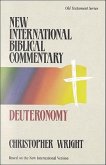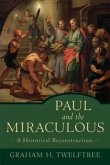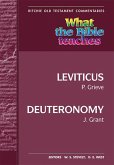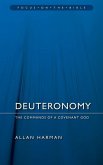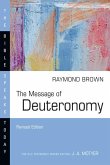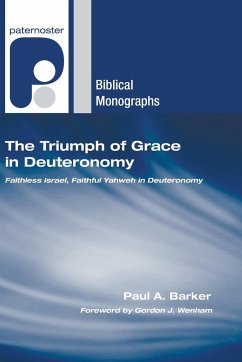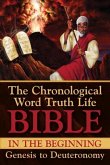"A solid study, structurally coherent and methodologically accurate, convincing in theological scope and attractive in its results." --Markus Tiwald, Theologische Literaturzeitung "This book is to be highly recommended, both for the insights it offers into Paul's scriptural exegesis and as a model for other studies, demonstrating what can be achieved by focusing on a later author's interpretation of a biblical book as a whole." --Susan E. Docherty, Journal for the Study of the New Testament "Sensitivities to intertextuality and to 'echoes of Scripture' have expanded attention from a narrow focus on specific quotations towards the way received Scriptures function within subsequent texts. Lincicum's study is a model of such an approach. . . . The study is carefully carried out, displaying an impressive control of the secondary literature as well as of interpretative issues regarding the primary sources." --J. M. Lieu, Journal for the Study of the Old Testament "This book is recommended for anyone interested in Biblical interpretation in early Judaism and in the Pauline writings." --Nijay K. Gupta, Religious Studies Review "The book is well-written, well organized, and easy to follow in its main arguments. . . . Lincicum has made a valuable contribution to our understanding of how Deuteronomy was appropriated in the centuries surrounding the NT." --Matthew S. Harmon, Themelios "The work is exceptional. . . . This Septuagint specialist finds it especially praiseworthy that Lincicum's treatment of the textual forms of Deuteronomy in the Second Temple period reflects a profound understanding of the textual situation in both the Hebrew and Greek traditions. . . . The level of engagement is profound, and Lincicum's witty style makes the book enjoyable to read." --T. M. Law, Journal of Jewish Studies "With this study Lincicum offers a systematic treatment of a very broad theme that has hitherto not received such broad treatment. [Lincicum] clearly demonstrates that Paul does not represent a rupture from the Jewish interpretive tradition but is rooted as a thinker and author in his native environment." --Simone Paganini, Studien zum Neuen Testament und seiner Umwelt Originally published by Mohr Siebeck in the Wissenschaftliche Untersuchungen zum Neuen Testament series
Hinweis: Dieser Artikel kann nur an eine deutsche Lieferadresse ausgeliefert werden.
Hinweis: Dieser Artikel kann nur an eine deutsche Lieferadresse ausgeliefert werden.


